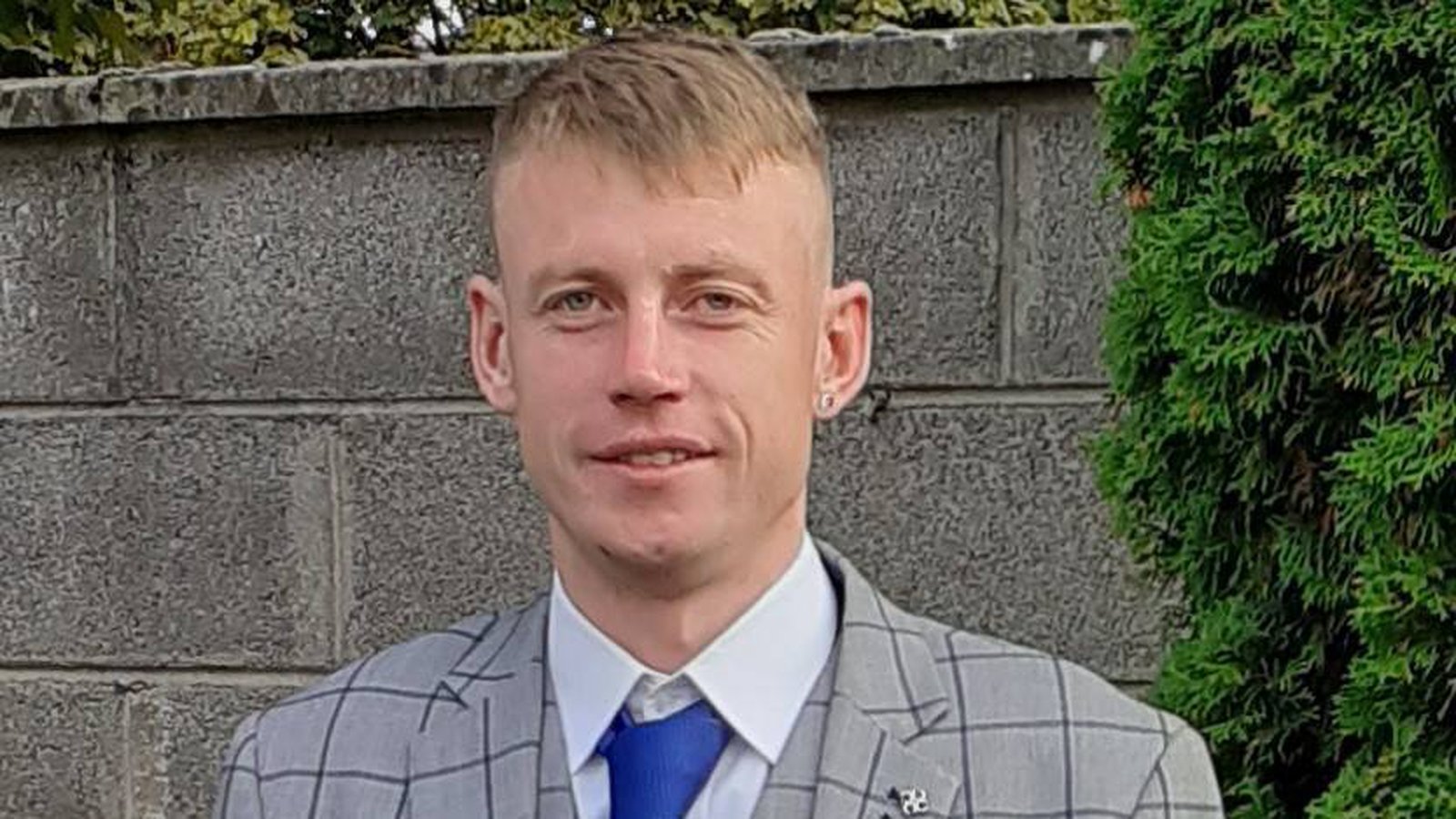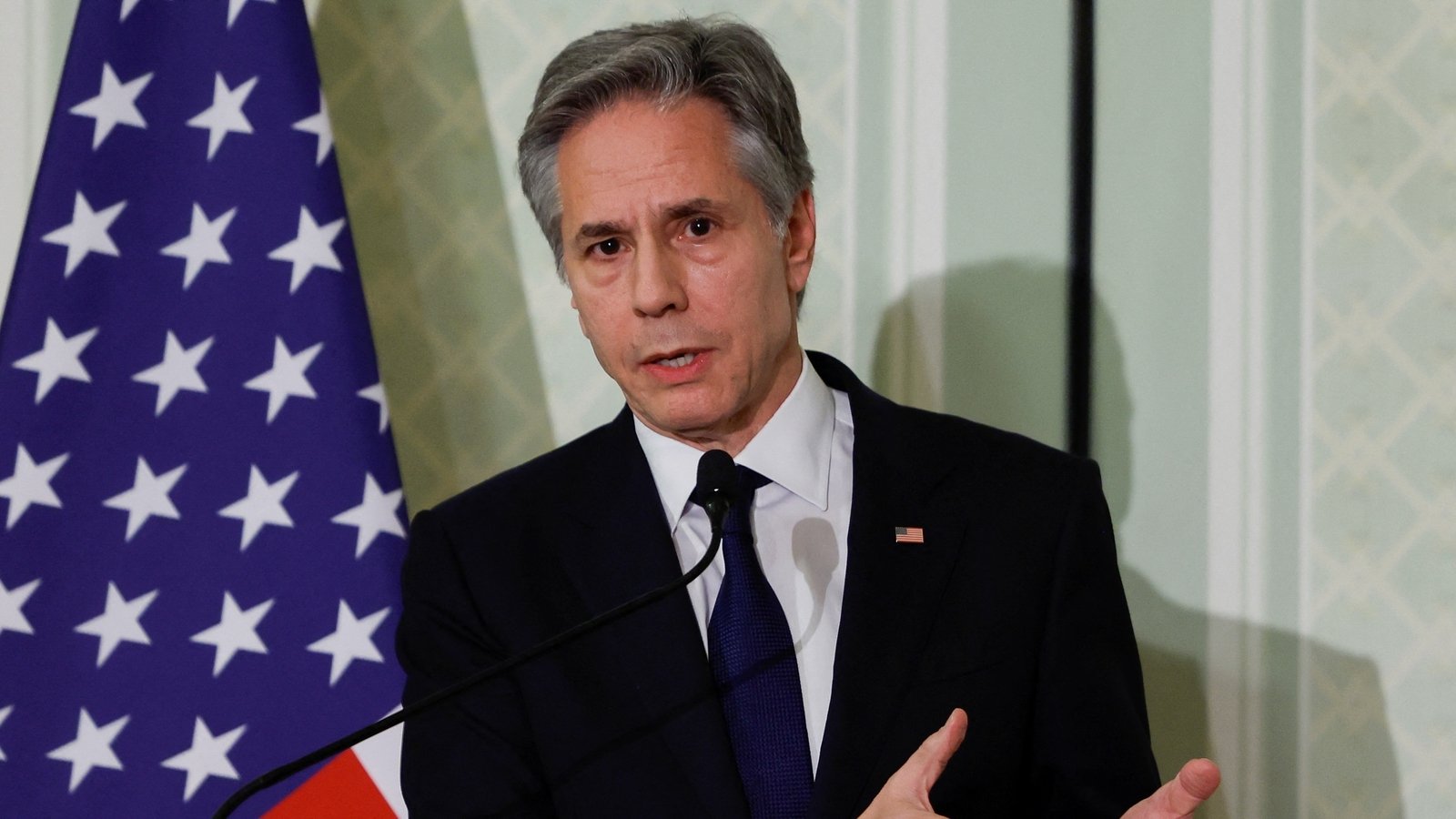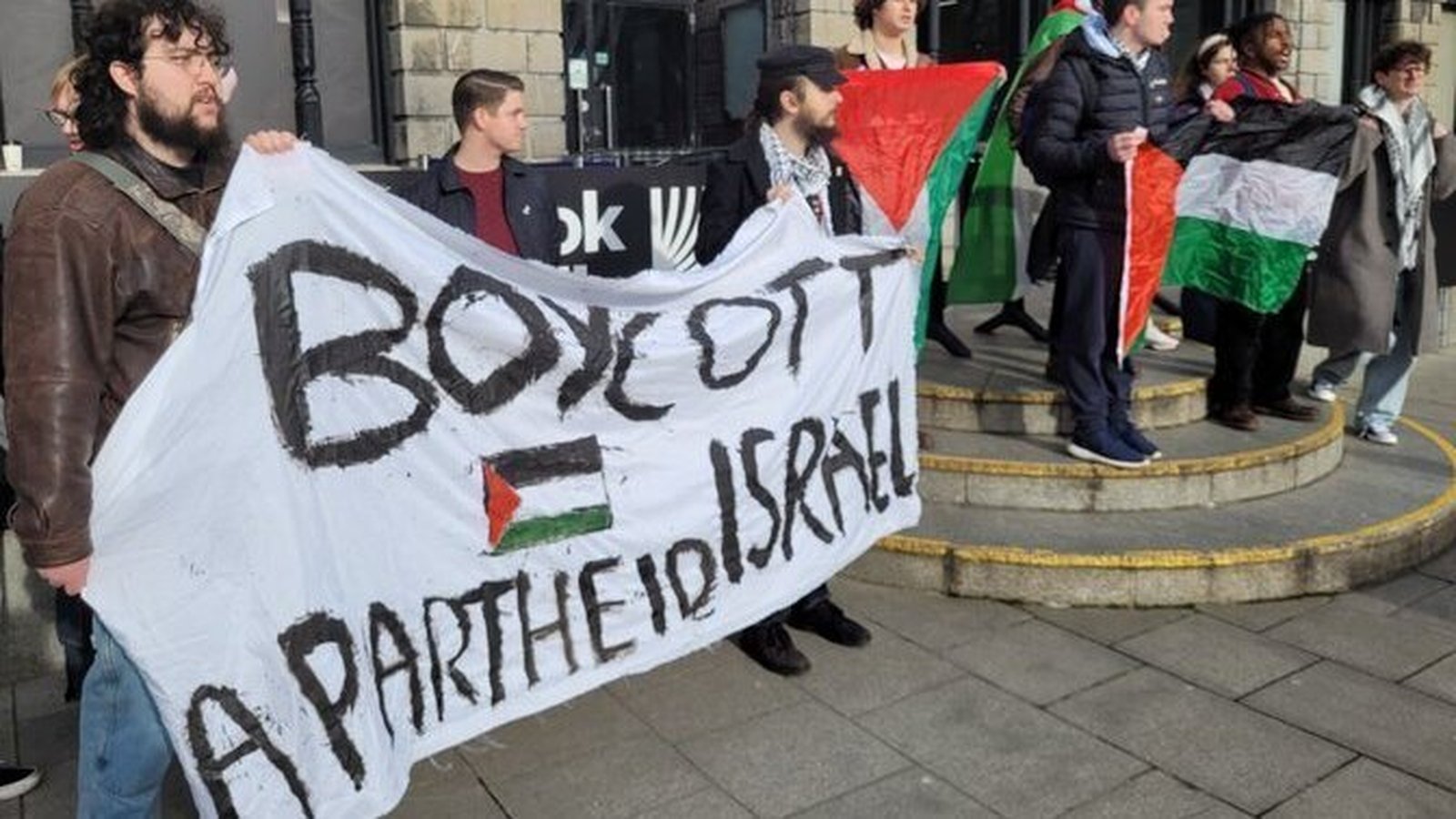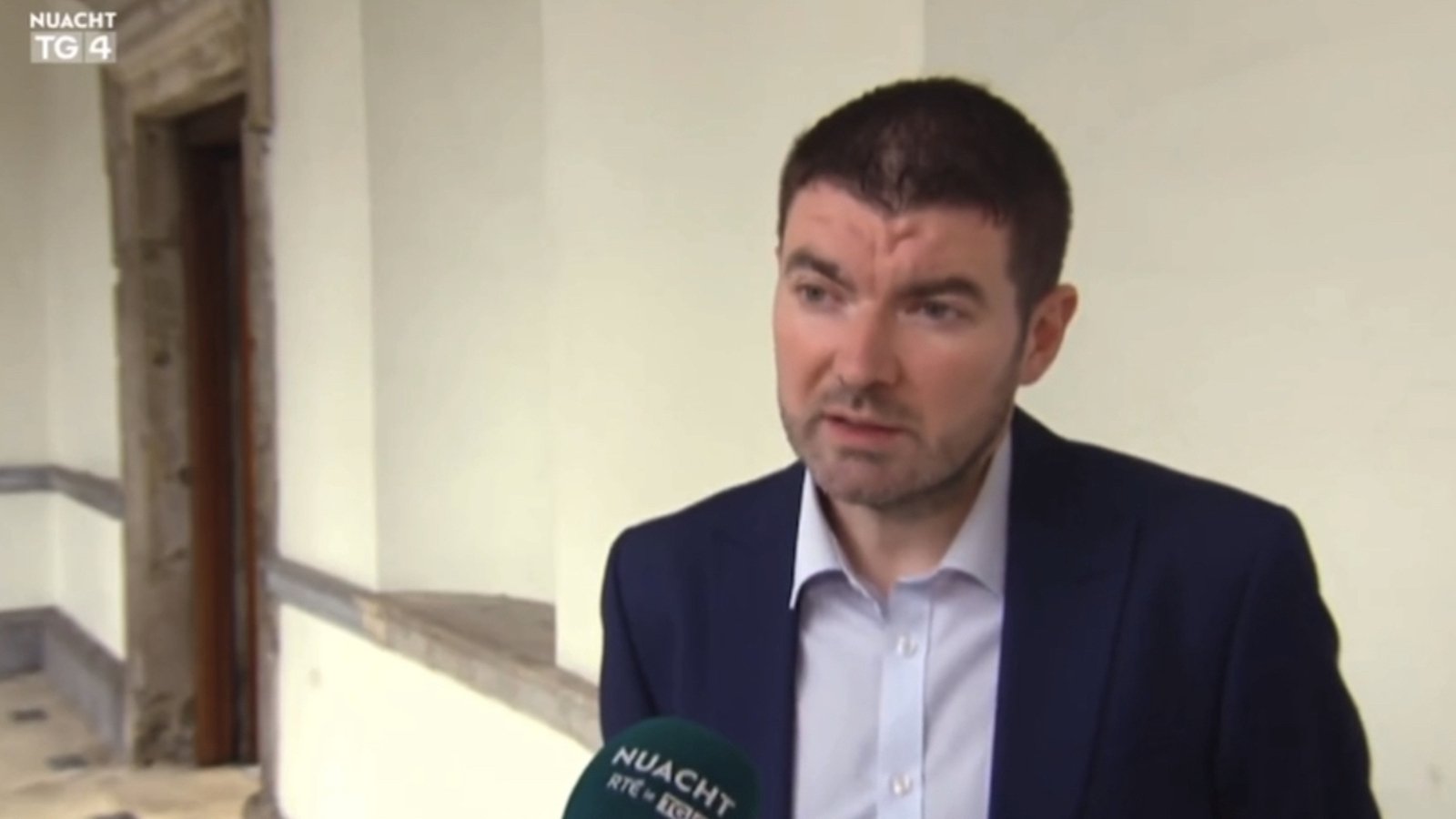What does the Fico shooting mean for Slovak politics?
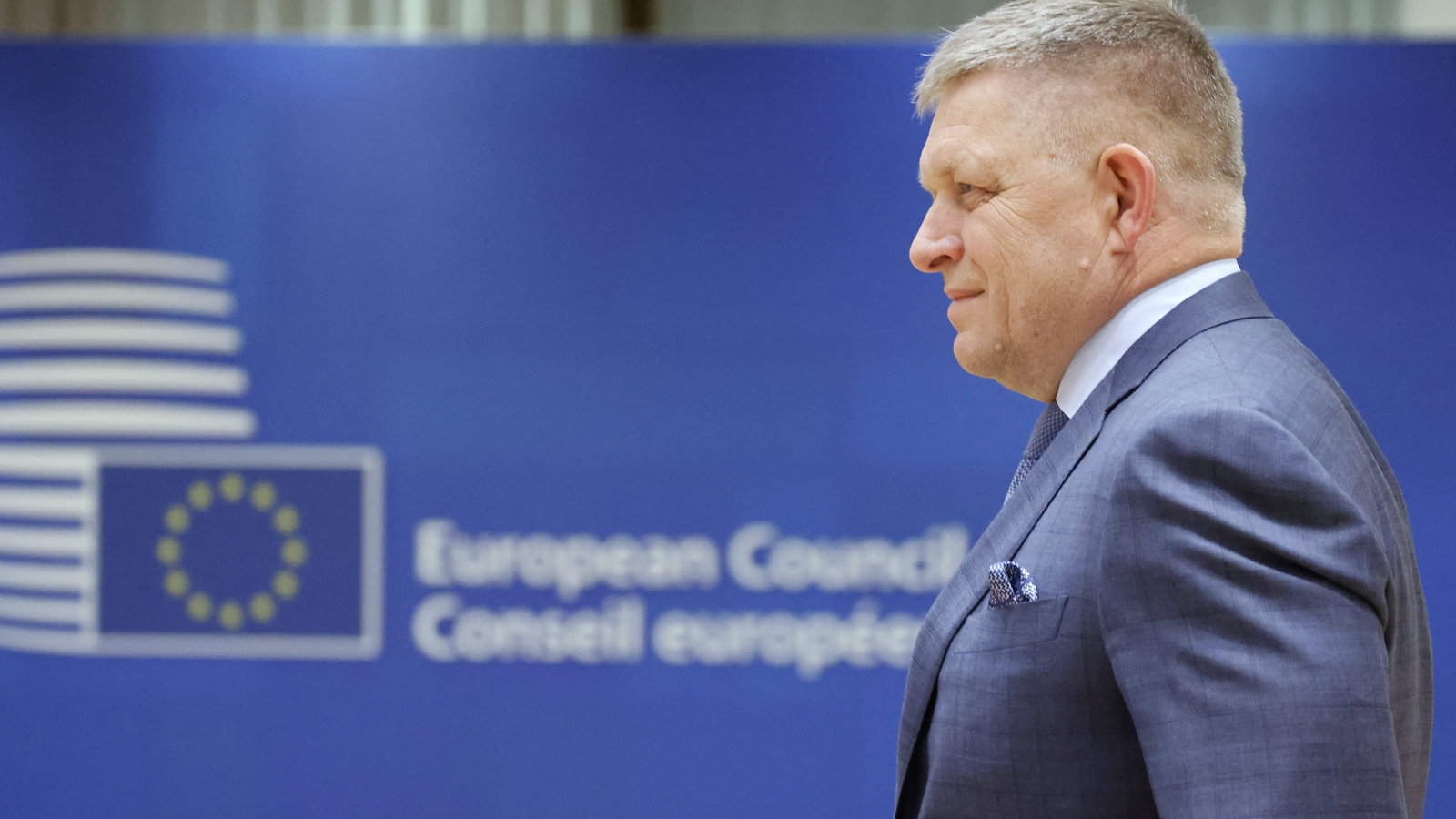
Slovak politics was already deeply polarised before Wednesday’s attempted assassination of the country’s Prime Minister Robert Fico.
The gun attack by a 71-year-old “lone wolf” shooter may now exacerbate tensions between Mr Fico’s populist left-right coalition government that wants to balance relations between the West and Russia, and the country’s pro-EU opposition, including the liberal Progressive Slovakia party.
Mr Fico remains in a critical but stable condition after undergoing a second round of surgery yesterday for several gun wounds he suffered in the attack.
Despite calls by outgoing President Zuzana Caputova on Thursday afternoon for political parties to work together, the blame game had already begun that morning.
The leader of the pro-Kremlin Slovak National Party, which forms part of Mr Fico’s coalition, blamed the country’s independent media for the attack and said a “political war” was coming.
In a press conference later that day, Slovakia’s interior minister Matus Sutaj Estok also seemed to hold Slovakia’s media responsible.
He said that the suspect, who, at that point had been charged with attempted murder of Mr Fico, was politically motivated due to “media information” available to him.
Mr Sutaj Estok listed that “media information” as the abolition of the Special Prosecutor’s Office, the suspension of military aid to Ukraine, changes to public television and the dismissal of the chairman of the Judicial Council – all of which are issues that the main opposition parties oppose.
“It was the information that you presented recently,” said Mr Sutaj Estok, directing his comment at journalists standing in front of him, before saying that the suspect had said that he did not agree with the policies of the current coalition.
However, there is some confusion over the political motivations of the arrested suspect.
He was filmed at a small anti-government protest last month as Mr Fico attended a meeting in a town in the east of the country.
Yet, on Thursday, a Hungarian investigative journalist published a story which featured pictures of the alleged gunman attending a rally in 2016 for a far-right Slovak paramilitary group, described by local media as pro-Russian.
Geza Tokar, a Hungarian-Slovak political journalist, told RTÉ News that there is “an ongoing Cold War” between the current Slovak government and the media.
The government appeared displeased that the media had largely focused on the assailant’s previous alleged connection to the far-right.
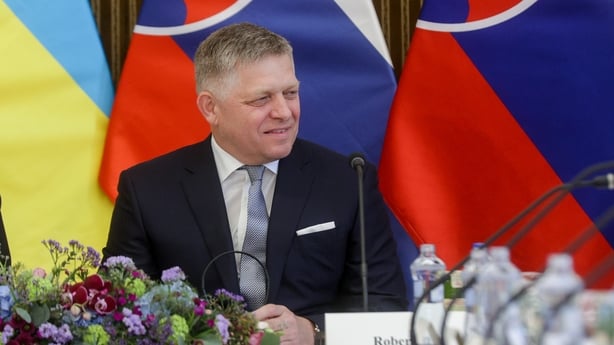
“The narrative of the coalition is that this person, even if he is not a typical liberal, is still very connected to opposition,” said Mr Tokar.
“We cannot really label him as a classical radical right-wing activist, but not even a left-wing activist.”
It has already been a heated year in Slovak politics.
Protests by opposition supporters began in January against a bill by Mr Fico’s left-right coalition to scrap a state body that investigated high-level financial and, more recently, against plans to restructure the management of public television station RTVS.
A presidential election also took place in March and April, which Mr Fico’s coalition ally, Peter Pelligrini won.
President-elect Mr Pelligrini, previously the leader of a centre-right party in the coalition and a former prime minister, is expected to be a government ally when he takes office next month.
Campaigning for next month’s European Parliament elections, now the third major election in eight months, was taking place before the assassination attempt, though it has been low key at best.
Slovakia has had the lowest turnout in European elections of all EU member states since the country joined the bloc in 2004.
Mr Fico’s populist SMER party, the largest of the three coalition parties, campaigned in last September’s parliamentary election on a promise to stop arming Ukraine, a promise it kept after it formed the coalition government the following month.
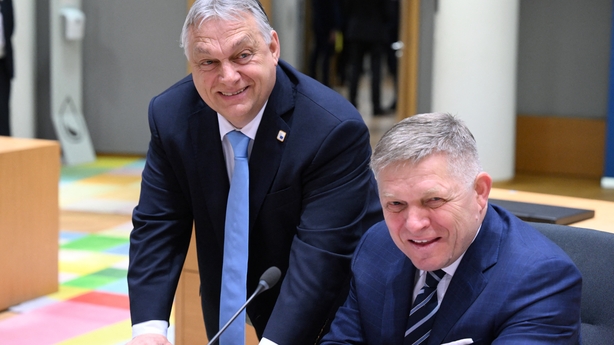
The party has depicted itself as taking a so-called pro-peace stance on the war in Ukraine, and it has placed this narrative at the centre of its current campaign for June’s elections.
It also echoes a policy pursued Hungary’s Prime Minister Viktor Orban since the start of Russia’s full-scale invasion of Ukraine in 2022, whose government has maintained close ties with Moscow.
Eva Mihočková, a Slovak journalist and fellow with think-tank Visegrad Insight, told RTÉ News that Mr Fico’s SMER party is “trying to persuade voters that they are the only ones that really care about securing peace in Europe by stopping any military aid to Ukraine”.
“They keep on portraying Europe as a group, or as an entity, that is a warmonger,” she said.
The shooting of Mr Fico has put a stop to campaigning for the European elections, for the time being.
The main liberal opposition party, Progressive Slovakia, announced that it had suspended all political activities including campaigning for the European elections.
“Right now, every party is a bit indecisive,” said Mr Tokar.
Opposition parties, he said, needed to “define themselves against the coalition”, adding that, “they cannot really do that when the PM has been shot”.
Mr Fico has been prime minister on three previous occasions.
In 2018, he resigned from the role after the murder of Slovak investigative journalist Jan Kuciak and his fiancée Martina Kusnirova.
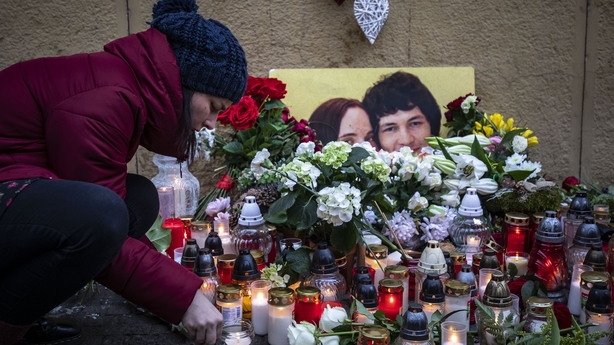
Mr Kuciak had been investigating high-level fraud involving Slovak businesses and claimed that a number of Slovak nationals connected to SMER were linked to the ‘Ndrangheta’, an organised crime group from southern Italy.
The deaths of Mr Kuciak and Ms Kusnirova led to mass anti-corruption protests and the subsequent collapse of Mr Fico’s SMER government at the time.
But SMER made a political comeback under Mr Fico’s continued leadership, campaigning against lockdowns during the Covid-19 pandemic and later, against supporting Ukraine militarily.
This week’s attempted murder of Mr Fico by a lone gunman, with a mixed political past, looks set to stall the opposition’s protest movement for the coming weeks, and instead galvanise supporters of the ruling parties ahead of the European elections.


